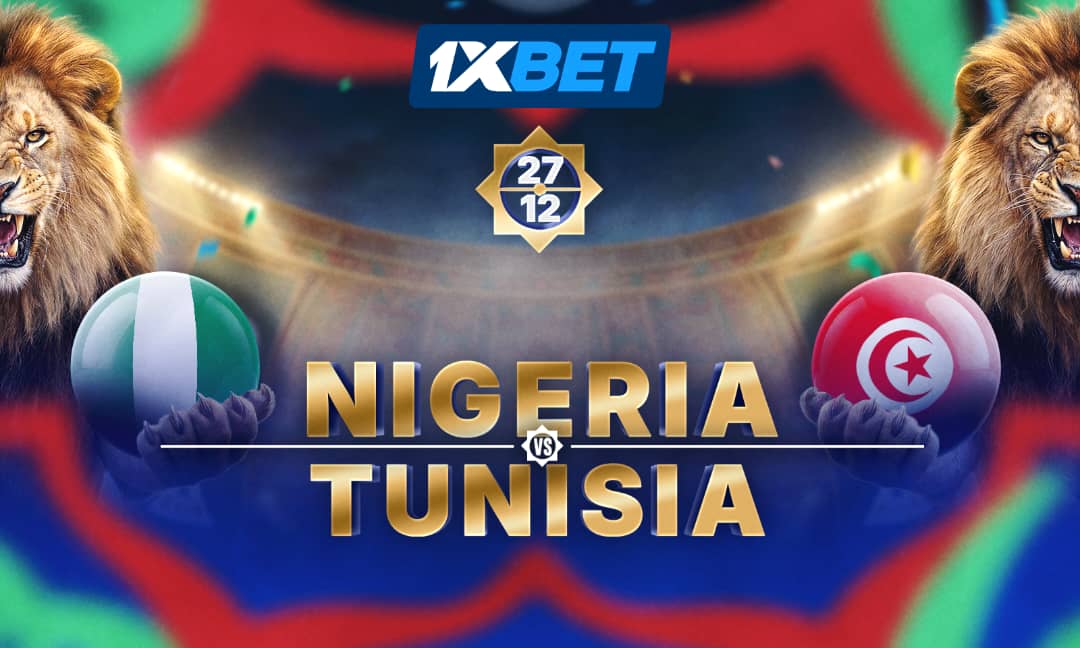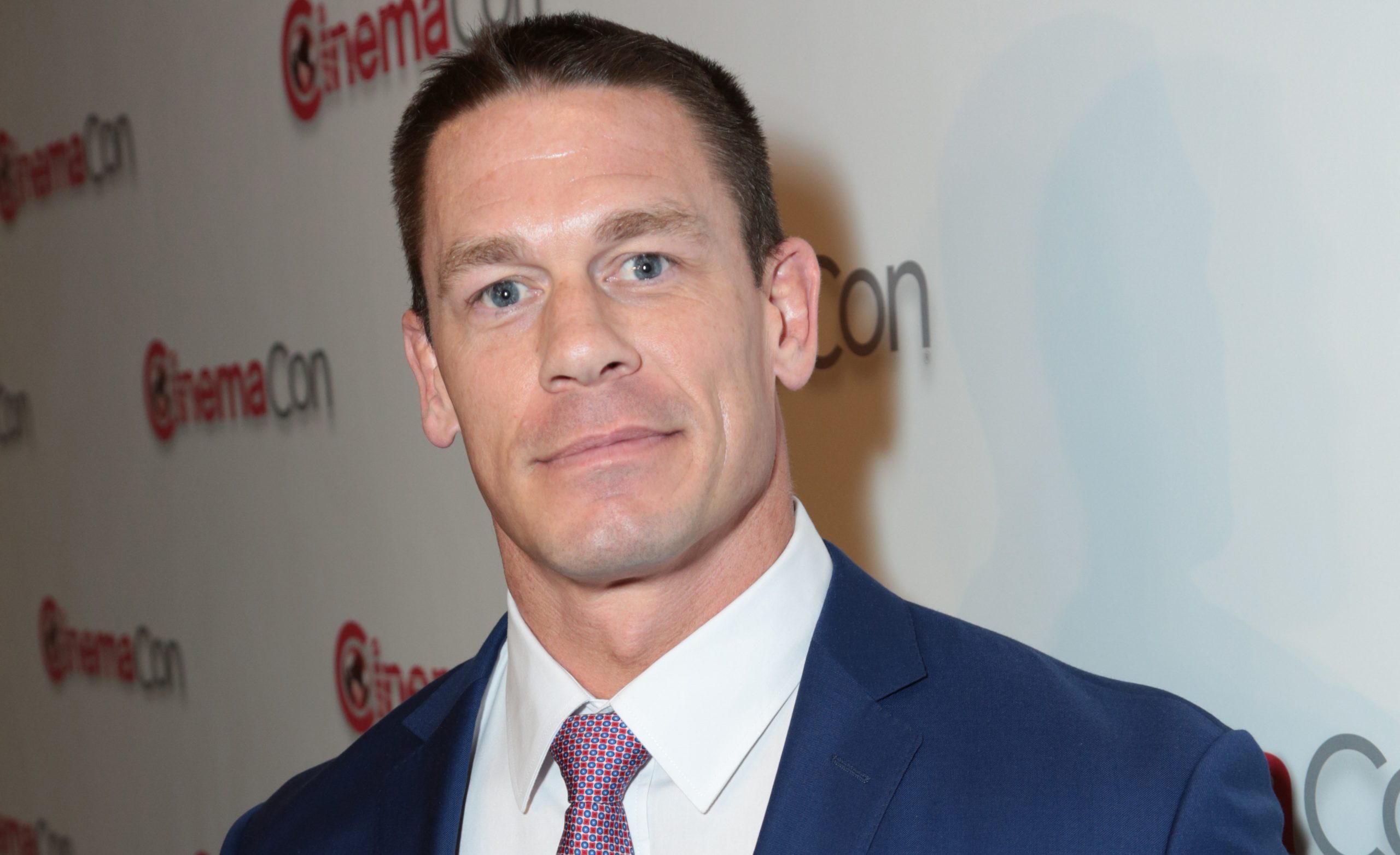[dailymotion code=”k1Gd97DGhhUqjwxDV6E” autoplay=”yes”]
Generally, the conception is that Sport and Politics do not mix. No country in the world wants to disrupt the sanctity of sport. So, as much as humanly possible humans avoid the incursion of politics into man’s greatest social activity.
Sport is the one area of human activity that has remained largely above the fray of all human divisions, in colour, race, religion, status, and so on.
That is confirmation of just how powerful sport is, how every nation wants its youths to be involved in participating in all the major sporting events without prejudice.
Even when the USA wanted to ‘punish’ China for human rights abuses on the eve of the ongoing Winter Olympics in Beijing, unlike in the past when it would have led several of its allies to withdraw from the games in protest, the best the country did this time is slap China on the wrist with a ‘toothless’ declaration of a Diplomatic boycott by US officials (and those of Canada and Australia) at the opening ceremony of the games.
The world is coming around to realise that sport has the power to do what no other human activity has achieved in history – bring about global peace, friendships, justice and equity in human affairs, even if only temporarily during the events. Can that situation be sustained beyond competition periods?
Nigeria may have stumbled on that secret weapon and is taking the lead in exploration and research on just how powerful can sport be in the world in a creative relationship with Diplomacy.
In history, Sport and politics often collided.
It happened at the Berlin Olympics in 1936 with Jesse Owens, the Black African American athlete.
It happened at the 1966 World Cup when Ghana led an African boycott in protest against only one slot allocation to Africa and Afro-Asia at the global football fiesta.
Nigeria led the protest of the African boycott of the 1976 Montreal Olympics.
Nigeria also led the resistance of the call to boycott the 1980 Moscow games by the USA in protest against Russia’s invasion of Afghanistan.
That Apartheid ended and a Black prisoner became President of South Africa was influenced largely by the power of Nigeria-led deployment of sport to fight racism.
It is now most instructive and revealing that in 2021, despite the unprecedented crisis, conflicts and pandemics in the world, every country participated in the 2021 Olympics.
Sport may actually unite the world.
Deliberately tested and deployed properly, the world would soon know that what it has been furtively looking for in Sokoto (a northern city in Nigeria) has always been (latent) in the pocket of its sokoto (Yoruba word for trousers).
Late Nelson Mandela may have found ‘it’ when he remarked that ‘Sport has the power to change the world’.
Chief Sunday Dare, the minister in charge of Nigeria’s Ministry of Youth and Sports, a very brilliant man, indeed, is daring to go where no Minister before him has been and determined to take Nigerian sports to a new place, with his National Sports Industry Policy initiative that seeks to explore the humongous global sports business opportunities.
Whilst still at that, no one should be surprised that he is the first Minister of Sports in Africa to join a new initiative introduced by the Nigerian Institute of International Affairs, to establish a Sports and Diplomacy Unit, to undertake research into the power of sport to achieve unlimited goals, beyond medals and trophies, to uncharted new frontiers in the human international human relations stratosphere.
The starting point is to unite the continent.
In the words of Professor Patrice Lumumba, the Kenyan legal luminary, foremost pan-Africanist and human rights activist, “Africans must unite, or we all shall perish”.
The Unit has set out to fulfil the dreams of the founding African leaders at Independence, the class of Osaigbovo Kwame Nkrumah, Julius Nwalimu Nyerere, Leopold Senghor, Jomo Kenyatta and others, including Nigeria’s Nnamdi Azikiwe, to build a united and powerful Africa.
Sport and Diplomacy will become tools driven by the spirit of FESTAC ‘77 that set out to unify the Black Race, revive Black Consciousness, Culture and Civilisation, to explore the vast human universe.
The journey must start with a first step.
That first step is ‘Conversations’, a series designed to set an agenda and to establish a simple and practical strategy that will conquer human differences and divisions, rise above prejudices, ride the waves of scepticism and negativity, and soar above the dark clouds of history, in order to arrive at a new place of prosperity and the most rapid development. All of these are through the skilful manipulation of Sport and Diplomacy.
Next week, some of the best brains on the subjects of Sport, Business, History and Diplomacy will assemble in Nigeria, a very significant country in the history of international sports diplomacy, to kick-start ‘the conversations’.
Chief Sunday Dare and Professor Eghosa Osaghae, Director-General of the Nigerian Institute of International Affairs, will team up and pilot that ‘ship’ of history.
Idorenyin Uyoe is a Nigerian American, a foremost consultant on the business of sports, a scholar and a custodian of African sports history. He comes from Atlanta, USA to illuminate the subject of ‘Power of Sports and Diplomacy’, and to share his vision as he peers into the huge global economic space. It will be a feast for all those that listen to him.
Prof. Ikawenba Bunting is a Tanzanian American, a historian, scholar, civil rights activist and an expert on peace and conflict resolution in Africa. He comes in from the Nwalimu Nyerere Foundation in Tanzania to share his experiences and knowledge, and envision the future of this combination of sports and diplomacy.
Ron Freeman is a world-renowned African American, an Olympic Gold and Bronze medalist. He was a ‘victim’ also of the mixture of politics and sports in that historic 1968 Olympics that changed human history. With his awesome work around some African countries, he comes to Nigeria from New York City in America, to recall his experiences of some of the epochal moments in sports, and to forecast a future with these new tools.
Ron Davis is an African American, a former international athlete, coach and teacher. He played a key role in the success story of one of Africa’s greatest middle-distance runners in history, Tanzania’s legendary Filbert Bayi.
Ron joins the ‘party’ in Lagos, straight from his base in Tanzania, to recall Nigeria’s glory years in Sports and how the country led Africa in the past and must return to that role now, in order to make Africa attain true greatness through sports and diplomacy.
All four gentlemen will be in Lagos next week.
They will speak to the world.
They will speak to the Ambassadors of all 53 African countries, plus those of the 19 other countries that have become home to persons of African descent outside the continent.
There shall also be representatives of sports and political stakeholders in Nigeria, the Nigeria Olympic Committee, Nigeria Institute for Sports, all National Sports Federations, the youths from selected Higher Institutions around Lagos.
The rest of the world can watch the event LIVE, on television through Africa’s single largest television network, NTA. The event will also be streamed, LIVE, to the rest of the world on designated social media platforms.
So, on Thursday, February 24, 2022, in the Auditorium of the Nigerian Institute of International Affairs in Lagos, something new and refreshing will be birthed, a project that will unite Africa, impact the world and make it a better place for all humans.






